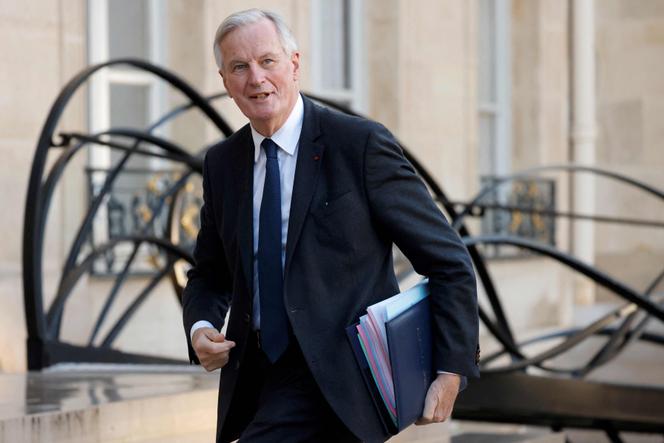


Austerity is back. Four decades after the famous political "turn" President François Mitterrand was forced to take in 1983, and 13 years after the austerity plan under his distant successor Nicolas Sarkozy, France seems to be on the verge of undergoing a similar inflection. Gone are the Covid-19-era "whatever it takes" policy and the tax cuts of President Emmanuel Macron's early days. The priority is now to get public finances back on track, even if this means significantly increasing taxation and cutting back on certain expenditures. These are the trends outlined in the draft budget for 2025, which was presented on Thursday, October 10, by the new French government. The package of measures is estimated by the government to be worth 2% of gross domestic product (GDP) over one year, a record level – exactly like in 1983.
On the agenda: Exceptional taxes on large companies (€8.5 billion) and individuals with very high incomes (€2 billion), a six-month freeze on pensions paid to retirees, €4 billion in additional contributions to social security, a tax on share buybacks, a tougher tax on polluting cars, and a slowdown in public spending. Moreover, there may be a reduction in the number of civil servants. In education, 4,000 teacher jobs are set to be cut next year. Overall, the government is planning to cut a net 2,200 public jobs in 2025. All of these measures are meant to enable the government to get the public deficit back under control, bringing it down to 5% of GDP in 2025, compared with the 6.1% figure forecast for 2024. However, in an opinion issued on Thursday, the High Council of Public Finance considered that this key target has a "high risk" of not being achieved, as the project is based on several "optimistic" hypotheses.
"Obviously, it's going to be difficult," admitted Finance Minister Antoine Armand, the 33-year-old who was appointed to the job less than a month ago. "It will mean shaking up our practices." The first difficulty will be getting the bill approved by Parliament. MPs accepted that the new government's request to send them the budget 10 days past the legal deadline. However, the bill's examination by the Assemblée Nationale, which begins on Friday, October 11, promises to be a "nightmare," according to some sources in the government.
Eric Coquerel, a member of the radical left-wing La France Insoumise party and president of the Assemblée Nationale's Finance Committee, is keen to rewrite the government's draft to come up with a bill "compatible" with the left-wing Nouveau Front Populaire (NFP) alliance, including "more tax justice and more revenue for the state." Meanwhile, the right and several Macron loyalists have become very worked up about the tax increases. Above all, the absence of an absolute majority supporting the government in the Assemblée Nationale renders the adoption of the bill, with or without major amendments, highly uncertain. Will the new prime minister, Michel Barnier, try to force the bill through without a vote, using Article 49.3 of the Constitution, as his predecessor Elisabeth Borne did last year?
You have 61.45% of this article left to read. The rest is for subscribers only.
